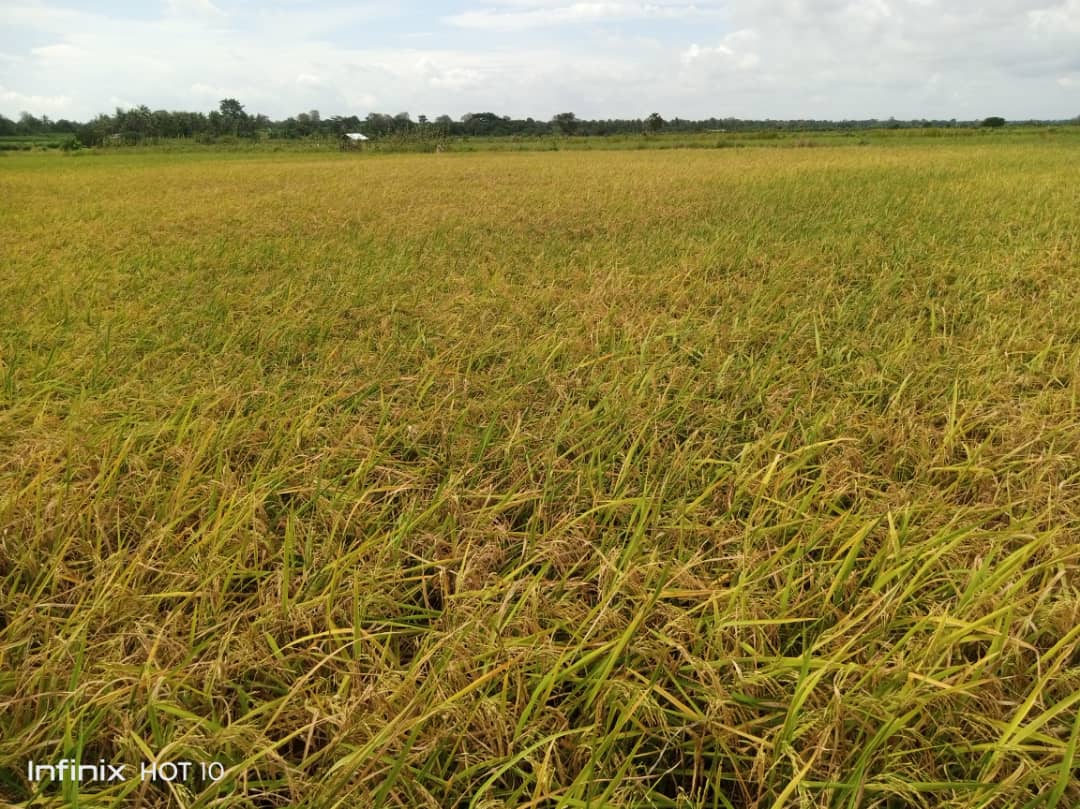
The Ghana Association of Agricultural Economists (GAAE) has called on the Ministry of Food and Agriculture to inculcate value-addition components in its flagship ‘Planting for Food and Jobs’ program.
The Association is unhappy with the current situation Ghanaian farmers find themselves in, hence advocating a holistic approach to improving the livelihoods of the agriculturists.
The GAAE argued there have been significant increases in agricultural production and productivity under the country’s flagship agricultural programmes, but the evidence is that farmers continue to remain poor.
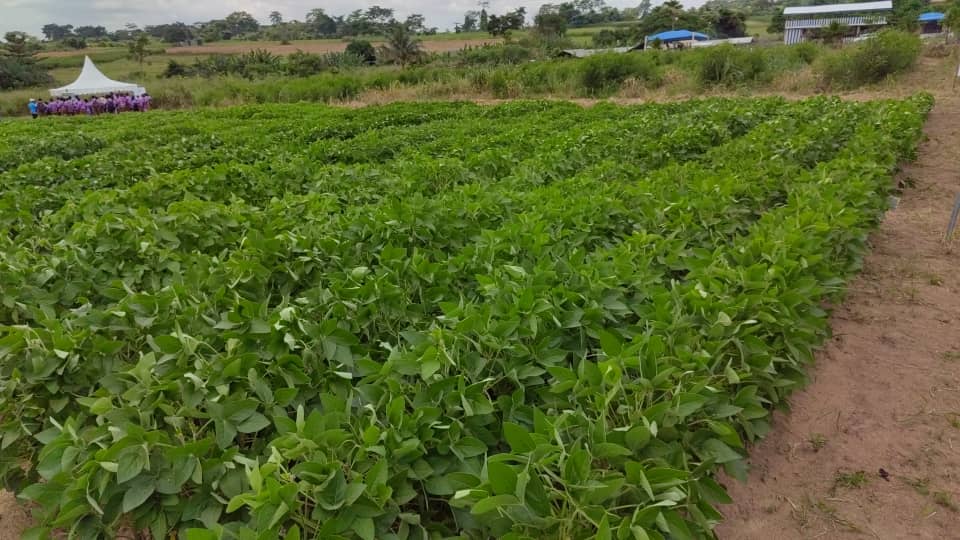
The observation is that without significant value addition to agricultural production, poverty among farmers will continue to persist.
At its 5th Annual Conference in Sunyani on the theme “Agricultural Innovations, Entrepreneurship and Trade for Sustainable Development”, the Association observed that no provision has been made to back value addition under the planting for food and jobs program, therefore, the ministry should make a deliberate policy to promote it.
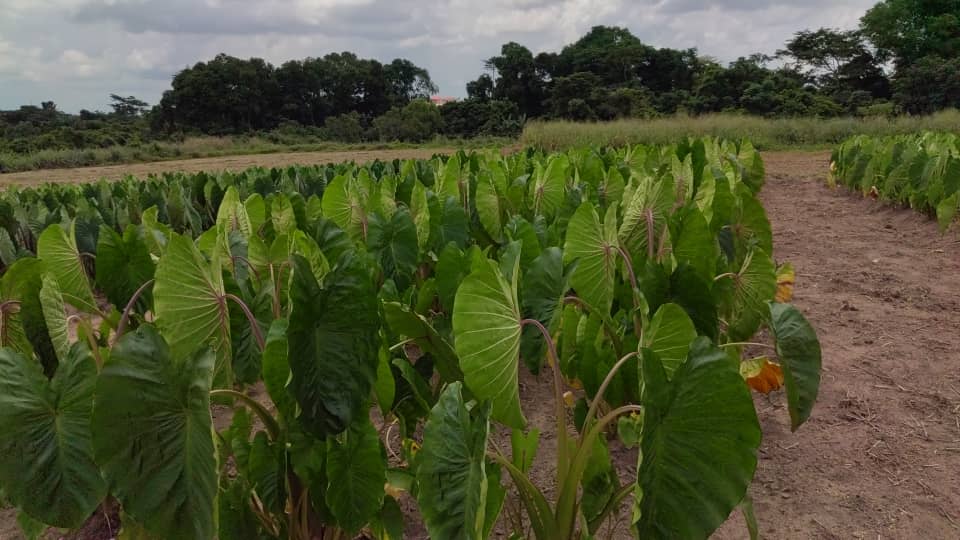
The communiqué signed by its President, Prof. D.B. Sarpong and Secretary, Dr Amos Mensah asked the responsible ministries to prioritise innovative drive agenda in the food production front as the surest way to wean farmers out of poverty.
They mentioned the three most important areas for innovation including improvements in entrepreneurship, marketing and trade.
For a long-time, the concentration on innovations has been in production.
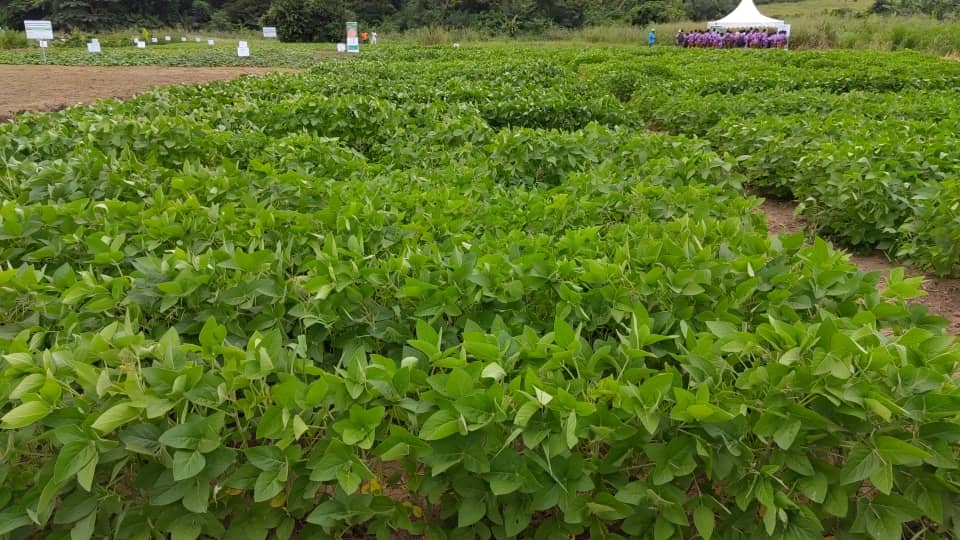
The GAAE acknowledged the increasing rate of aquaculture production and its great significance in Ghana but believes there is a need for greater research and scientific input into the blue economy to make it sustainable.
“It is therefore imperative that we seek more innovative approaches in the quest to attain food self-sufficiency in Ghana,” the GAAE communique said.
The Conference posits that government, the private sector, NGOs, Civil Society Organizations and development partners should focus efforts and resources to support bottom-up agricultural innovations, entrepreneurship and intra-African trade to achieve sustainable development.
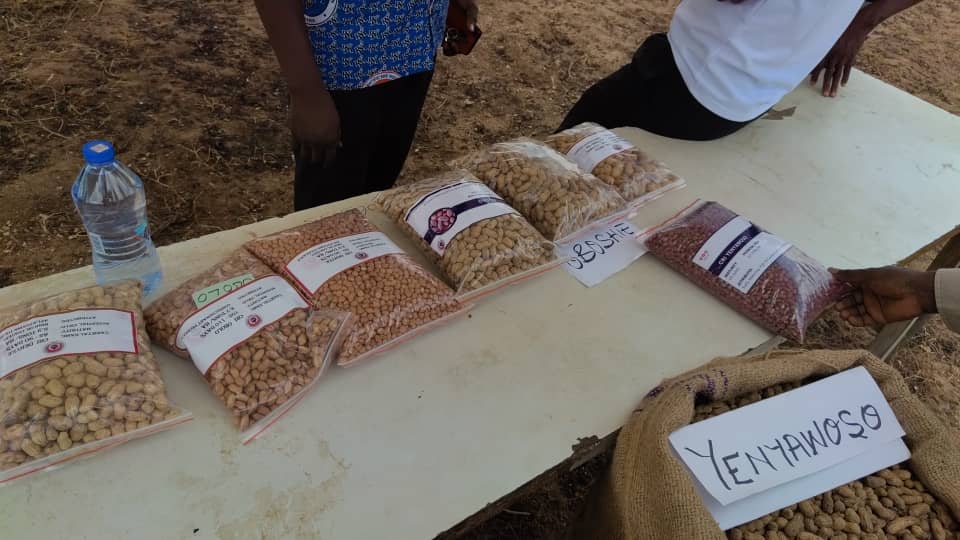
This has become very pertinent in achieving the food and nutrition security goals of the country.



